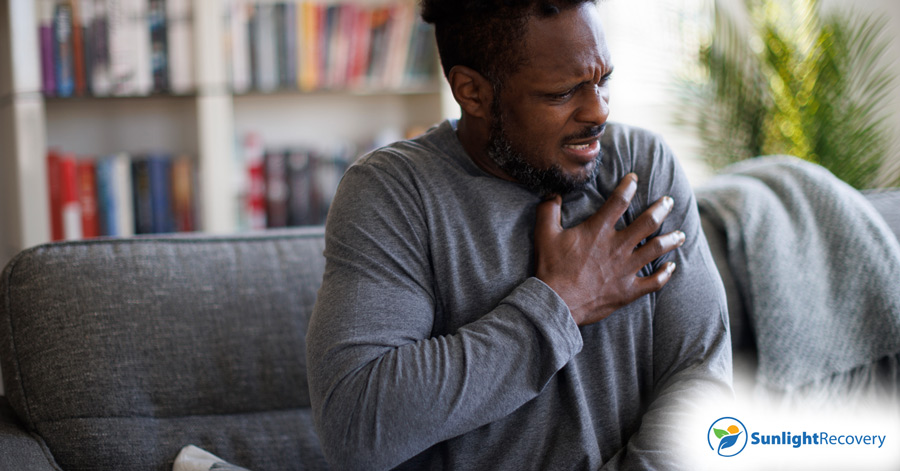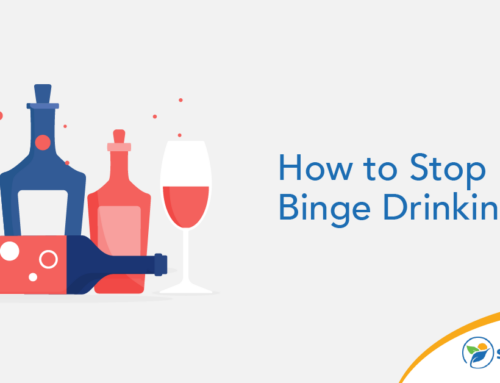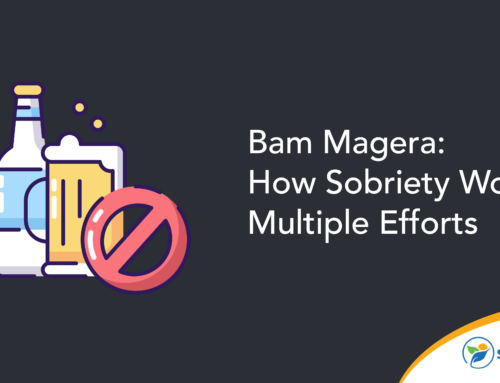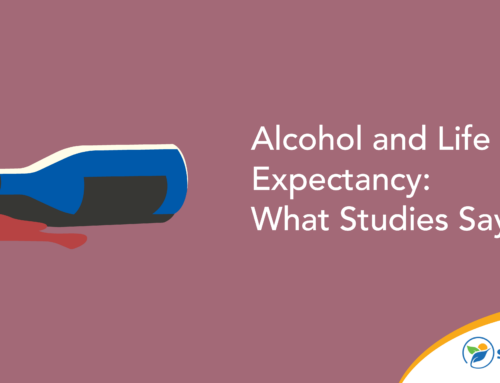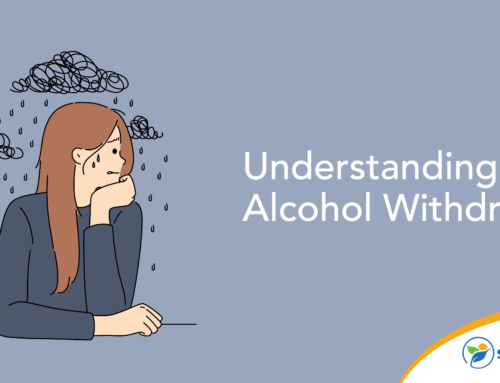Do you experience chest pain after drinking alcohol? It could be a sign of a medical emergency, so It’s important to be aware of the possible risks associated with this symptom. To avoid a range of alcohol-related health issues, it’s best to cut back on drinking or quit entirely. However, if you have a habit of binge drinking, you may find alcohol difficult to put down. Read on to learn more about how alcohol affects your heart and when to do something about it.
Why You May Experience Chest Pain After Drinking Alcohol
Chest pain after drinking alcohol has a number of causes, some more severe than others. Common reasons to consider are acid reflux, heart disease and anxiety and panic attacks.
Acid reflux is typically a symptom of gastroesophageal reflux disease (GERD), which occurs when stomach acid flows back into the esophagus. This acidic backwash can cause heartburn, a persistent burning sensation in your chest area. Other symptoms to look out for are excessive belching, regurgitation and a sour taste in your mouth. If your alcohol consumption is usually followed by digestive issues, that could be a sign of acid reflux. Drinking on an empty stomach or while eating spicy or greasy foods increases the likelihood of intense reflux.
Another reason for chest pain after drinking is existing heart problems. Though alcoholic beverages such as red wine are said to benefit your heart, that advice is based on moderate consumption. Heavy drinking is known to elevate blood pressure and worsen cardiac issues, even causing heart failure. If you struggle to breathe or experience chest tightness after drinking, it’s best to seek urgent medical care.
Finally, your chest pain could be related to anxiety or a panic attack, which drinking can worsen or trigger. Because alcohol is a depressant, it dulls anxious and panicky feelings. However, once a person sobers up, these feelings may return worse than before.
Mental health conditions might be responsible if you experience symptoms such as a rapid heartbeat, chest tightness and shortness of breath after drinking alcohol. Many of these symptoms resemble a heart attack, so take note of your mental health history when pinpointing the cause of your chest pain.
How Heavy Alcohol Use Affects Heart Health
Heavy drinking could have long-term effects on your heart, brain and other critical organs. While drinking in moderation should be fine, many Americans struggle with limits. According to the CDC, nearly 17% of adults report binge drinking, and 6% drink heavily.
Alcohol-related chest pain is a strong indicator of reduced blood flow to your heart (aka angina). The restricted flow of fresh blood and oxygen puts you at greater risk for conditions such as coronary heart disease and alcohol-induced cardiomyopathy. Cardiomyopathy occurs when parts of the heart become stretched, enlarged, stiffened and even scarred. This weakens your heart muscle and keeps it from pumping blood efficiently throughout your body.
Aside from long-term health consequences, the short-term effects of drinking too much include increased heart rate, high blood pressure and arrhythmia. At rest, your heartbeat should stay in the range of about 60 to 100 beats per minute (bpm). Alcohol can temporarily ramp up your heart rate, resulting in a serious condition called tachycardia, when your heart rate exceeds 100 bpm. Alcohol can also cause an arrhythmic (irregular) heartbeat.
In addition to increasing your heart rate, drinking alcohol can reduce your arteries’ elasticity and temporarily raise your blood pressure. If you have a family history of high blood pressure, it’s better to eliminate alcohol altogether or reserve drinking for rare occasions.
When to See Your Doctor for Treatment
If you’re concerned about the chest pain you experience after drinking alcohol, it’s a good idea to take steps to manage your symptoms and seek medical attention if necessary.
- Drink less alcohol: Sometimes, the simplest solution is the most effective. If alcohol is the culprit, avoiding excessive drinking is the best way to prevent chest pain. Try to limit intake to one drink per day if you’re a woman or two drinks per day if you’re a man.
- Drink more water: Getting drunk can easily lead to dehydration, which may make your chest pain flare up. Drink water in between alcoholic drinks to stay hydrated. Nonalcoholic (and ideally sugar-free) electrolyte drinks can also be helpful.
- Avoid triggering foods: If spicy or greasy foods trigger acid reflux and give you heartburn, you may want to avoid consuming them with alcohol. If you happen to mix triggering foods and drinks, an OTC antacid can provide acute pain relief when used as directed.
If your chest pain persists, becomes severe or includes symptoms such as shortness of breath, nausea and confusion, seek immediate medical assistance. Chest pain may also result from underlying cardiac issues requiring medication or surgery. It’s important to act fast to prevent potential damage from a heart attack or stroke.
Breaking Free From Alcohol Addiction
Experiencing chest pain after drinking alcohol can be a concerning symptom, but there are clear explanations and strategies for finding relief. By understanding the possible reasons for your chest pain, you can shift your habits to reduce the risk of developing more serious health issues.
Quitting alcohol can be a great way to renew your interest in taking care of yourself. However, stopping drinking suddenly can be dangerous, even for those who are highly motivated. Staying sober for the long haul is tough to do alone, and if you don’t feel many withdrawal symptoms, you’re more likely to start drinking again. Fortunately, professional help is available.
At Sunlight Recovery, we know it takes more than a strong will to overcome addiction. If you’re struggling with alcohol dependence, our compassionate addiction counselors are ready to lend you a hand. Give us a call today to receive support on your path to sober living.


